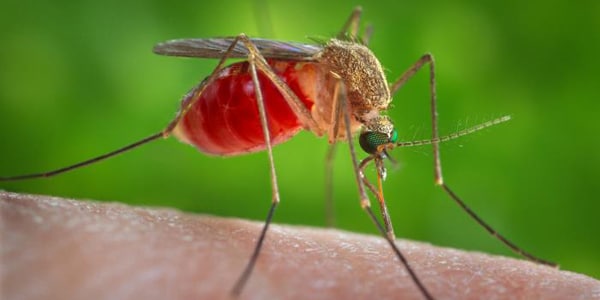In the quest to understand and predict malaria transmission in Nigeria, researchers are exploring unconventional yet promising indicators. Among these are vegetation index and livestock practices. By analyzing these factors, scientists aim to uncover patterns and correlations that could offer valuable insights into the dynamics of malaria transmission within the country.
In this study, researchers delve into the relationship between vegetation index, which serves as a proxy for environmental conditions conducive to mosquito breeding, and livestock practices, which may influence mosquito abundance and behavior. By examining data on vegetation cover and livestock management practices across different regions of Nigeria, the researchers seek to identify predictive markers for malaria transmission risk.
The rationale behind this approach lies in the intricate interplay between environmental factors, mosquito vectors, and human activities that shape the transmission dynamics of malaria. Vegetation index, derived from satellite imagery, provides a spatially explicit measure of vegetation density and moisture levels, which are known determinants of mosquito breeding habitats. Meanwhile, livestock practices, such as the presence of cattle and other animals that serve as hosts for malaria vectors, can influence the abundance and distribution of mosquitoes in a given area.
By integrating data on vegetation index and livestock practices with historical records of malaria incidence, the researchers aim to develop predictive models capable of forecasting malaria transmission patterns at both regional and local scales. Such models hold the potential to inform targeted interventions and resource allocation strategies aimed at reducing malaria burden in Nigeria.
Ultimately, this research represents a novel approach to malaria surveillance and control, leveraging non-traditional indicators to enhance our understanding of malaria transmission dynamics and inform evidence-based interventions. By harnessing the power of data-driven insights, policymakers and public health authorities can work towards more effective strategies for combating malaria and improving health outcomes in Nigeria.





